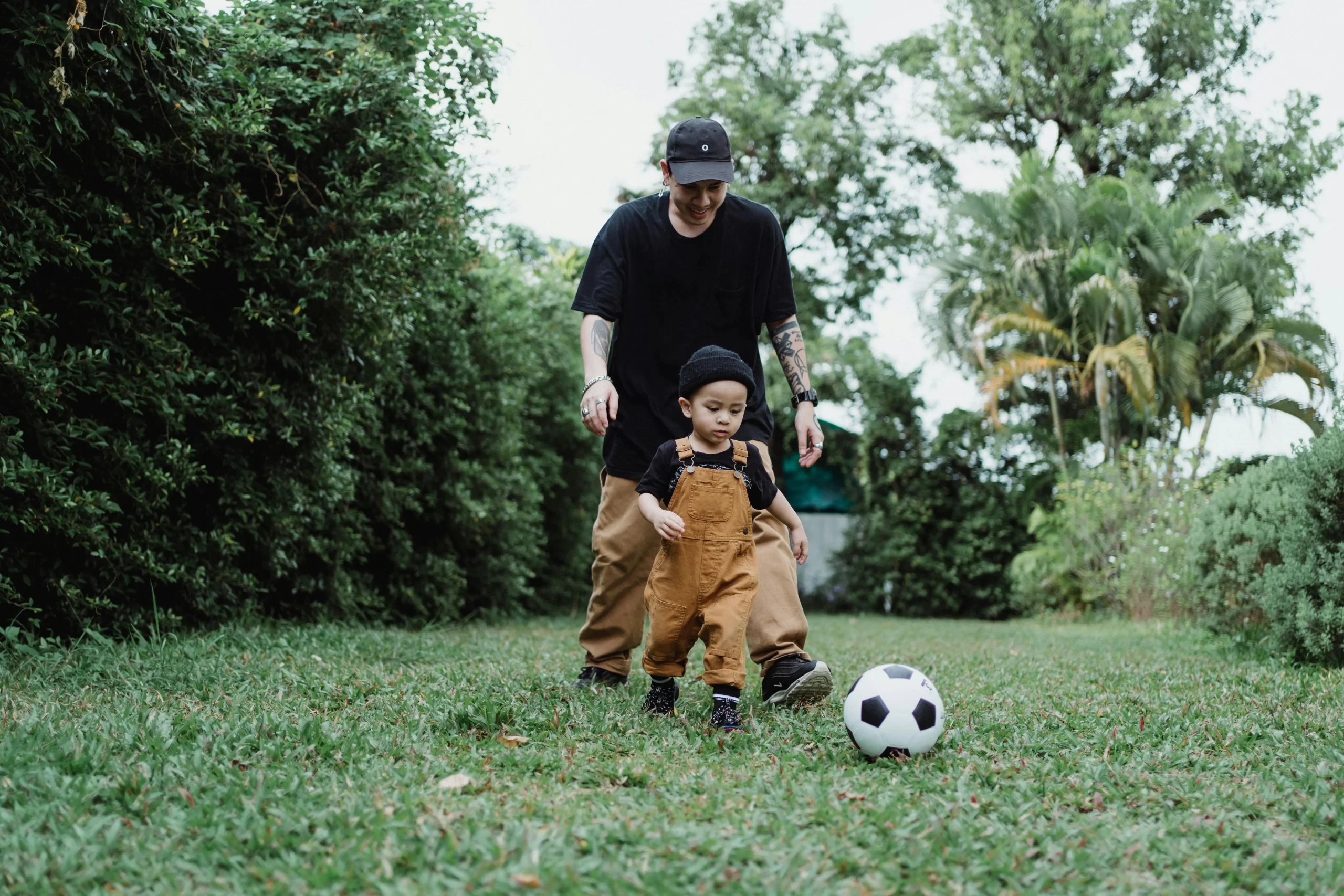Dealing with Negative Feedback is Important
As parents of young athletes, we inherently want the best for our children. We encourage them to pursue their passions, hone their skills, and compete with all their might. However, the competitive world of sports doesn’t just come with victories; it’s also littered with challenges. One of the most significant obstacles our young athletes face is negative feedback from coaches, teammates, or even opposing players. This criticism can hurt their confidence and lead to discouragement. As parents, we play a crucial role in helping our children navigate this feedback constructively. It’s vital that we teach them to view these situations not as failures, but as opportunities for growth. In this post, I’ll share effective strategies to help your young athlete develop resilience, embrace self-reflection, and build a strong mindset.
Understanding the Nature of Feedback
Before we dive into strategies, let’s clarify what feedback is and why it’s essential. Feedback can come in various forms—coaches pointing out areas for improvement, teammates offering suggestions, or even competitors criticizing performance. While it’s easy to perceive this feedback as negativity, it’s important to remember that constructive criticism aims to help your child grow. Here’s how to reframe feedback positively:
- Recognize Feedback as a Tool: Understand that feedback is meant to help. It highlights areas for improvement, guiding young athletes toward becoming better players and individuals.
- Differentiate Between Constructive and Destructive Criticism: Teach your child to identify constructive criticism—comments meant to support development—and recognize when feedback is merely negative. Constructive criticism focuses on specific behaviors or skills rather than attacking the individual.
Strategies for Dealing with Negative Feedback
Now that we’ve set the stage, let’s explore effective strategies for dealing with negative feedback. These tips will help your young athlete create a positive relationship with criticism.
1. Foster a Growth Mindset
To encourage your child to view feedback positively, instill a growth mindset in them. A growth mindset is the belief that abilities and intelligence can be developed through dedication and hard work. Here’s how to instill this mindset:
- Model Learning: Share personal experiences where feedback helped you grow. Discuss how facing challenges made you a stronger individual.
- Praise Effort, Not Results: Emphasize the importance of effort regardless of the outcome. Celebrate hard work and perseverance over winning or losing.
2. Encourage Self-Reflection
Self-reflection is critical in processing feedback. Help your child take the time to analyze the feedback they receive. Here’s how you can guide them:
- Create a Feedback Journal: Encourage your athlete to maintain a journal where they can write down feedback received after games or practices. Once recorded, they can reflect on it later, identifying patterns and areas for improvement.
- Ask Reflective Questions: Pose questions such as, “What did you learn from this feedback?” or “How can you apply this advice in the future?” to encourage deeper thinking.
3. Build Resilience
Resilience is the capacity to recover from difficulties. It’s vital for young athletes, especially when facing criticism. Here are strategies for building resilience:
- Teach Coping Strategies: Help your child develop coping mechanisms, such as deep breathing or visualization techniques, to handle immediate emotional reactions to criticism.
- Encourage Seeking Support: Remind your athlete that it’s okay to seek support from you, coaches, or teammates when they’re struggling to cope with feedback.
4. Role-Play Scenarios
Sometimes, negative feedback can catch our kids off guard. Engaging in role-playing activities can prepare them for these situations. Here’s how to implement this:
- Recreate Feedback Situations: Simulate scenarios where your athlete receives constructive criticism. This can help them practice their responses and feel more comfortable when faced with real feedback.
- Discuss Possible Outcomes: After role-playing, discuss how they felt and what they could do differently in future situations.
Ongoing Support and Encouragement
As your young athlete learns to manage feedback, consistent support from you is crucial. Here are some ongoing strategies to keep the encouragement flowing:
1. Communicate Openly
Keep the lines of communication open. Regularly check in with your child about their experiences, focusing on their feelings surrounding feedback. This not only provides emotional support but also helps you understand their perspective.
2. Celebrate Progress
Acknowledge the small victories along the way. Whether it’s handling criticism better or incorporating feedback into their practice, celebrating these achievements boosts your child’s motivation and confidence.
3. Encourage a Balanced Perspective
Help your athlete maintain a balanced view of feedback. Teach them to consider the positive aspects of criticism and how it contributes to long-term improvement, rather than focusing solely on the negative aspects.
Conclusion
Teaching your young athlete how to deal with negative feedback is an investment in their growth, both in sports and in life. By reframing feedback as a tool for improvement, fostering a growth mindset, encouraging self-reflection, and building resilience, you empower them to thrive—regardless of the criticism they face.
I encourage you to take immediate action: sit down with your child this week, discuss the strategies shared, and explore how they can implement these practices. Remember, your support and guidance can make a world of difference in how your young athlete approaches feedback and develops a strong mindset for future challenges. Let’s help them embrace feedback and turn it into fuel for their success!.




